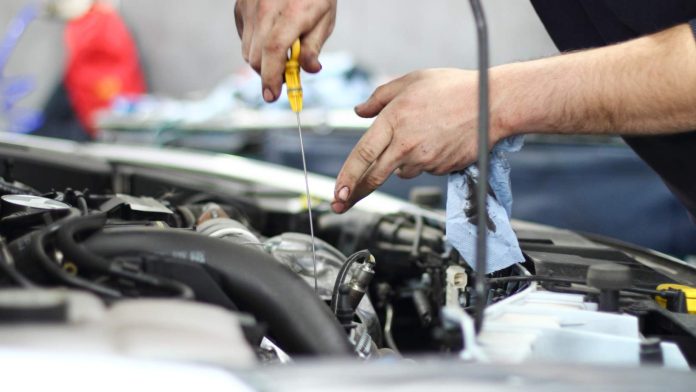A vehicle’s engine is a complex setup. Parts in an engine work in coordination, the output of which is seen in the form of a moving vehicle.
A fuel pump is an extremely important part of the vehicle’s machinery for the job’s execution.
It extracts the fuel from the oil tank and delivers it to the carburetor, where the oil-air mixture burns in the combustion process to produce the energy required to get the vehicle running.
A fuel engine thus ensures the vehicle’s efficiency. However, it can go bad, and that’s fine, as the replacement option is always open. The fuel engine is further made up of many parts, such as relays. The signs of a bad fuel pump relay are those exhibited by the vehicle, which must be considered.
This blog post highlights the problems that a vehicle experiences because of a faulty fuel pump. Keep reading to learn more about faulty fuel pumps.
Problems Caused By A Faulty Fuel Pump
Reduced Fuel Efficiency
Reduced Fuel efficiency is when your vehicle consumes more fuel than the average. You should immediately check your fuel pump when you notice more fuel consumption. A bad fuel pump draws more fuel from the tank and thus disturbs the vehicle’s average fuel consumption.
Noise from the Fuel Tank
Noise from the fuel tank is a common problem attributed to many factors. A faulty fuel pump can also cause noise in the fuel tank. In case you observe weird or loud sounds, try to locate them. If the sounds come from the gasoline tank, the probability of a fuel tank going bad or broken is high.
Difficulty in Starting the Engine
Again, this is a problem that may occur because of multiple issues, but still, a bad fuel pump halting the engine is a cause that is much more probable compared to others. What will you expect if you try the key in the ignition in the morning and the vehicle doesn’t start?
A faulty fuel pump is the most valid culprit in this case. When the fuel pump turns bad, it stops drawing the required fuel from the tank. Meanwhile, it doesn’t deliver the oil to the combustion chamber. No oil in the combustion chamber means no combustion reaction, so the engine won’t start.
Problems With Pressure Gauges
A faulty fuel pump’s poor performance isn’t restricted to the issues mentioned above. Like a virus, its prolonged stay in the setup will infect other parts and affect the efficiency likewise. For example, the pressure gauges.
As a matter of fact, the whole combustion process is highly calculated. The engine requires a specific amount and fuel quality for prompt and efficient performance. When a fuel pump turns bad, it affects the pressure gauges. The gauges turn wouldn’t operate in the designated manner. This ether increase or decreases the fuel delivery to the combustion chamber.
Conclusion
A fuel pump makes a crucial part of the engine. Like many other parts, a fuel pump can develop parts too. The good side is the appearance of signs which indicate a faulty fuel pump. There are many problems associated with a bad fuel pump. These include problems with pressure gauges, difficulty in starting the engine, noise from the fuel tank, and a decrease in fuel efficiency.




